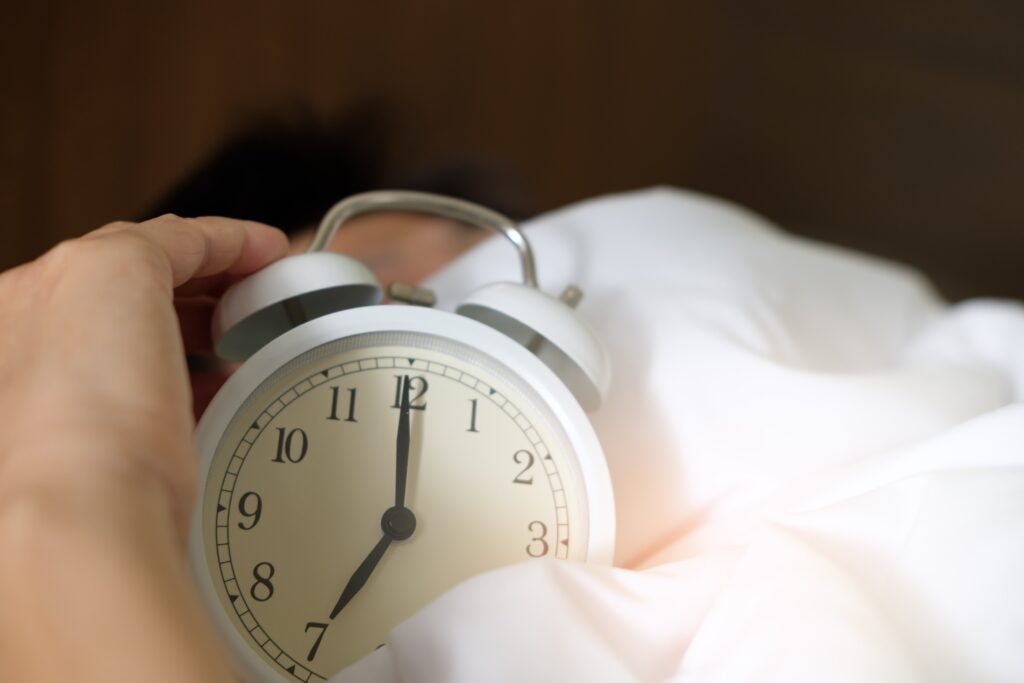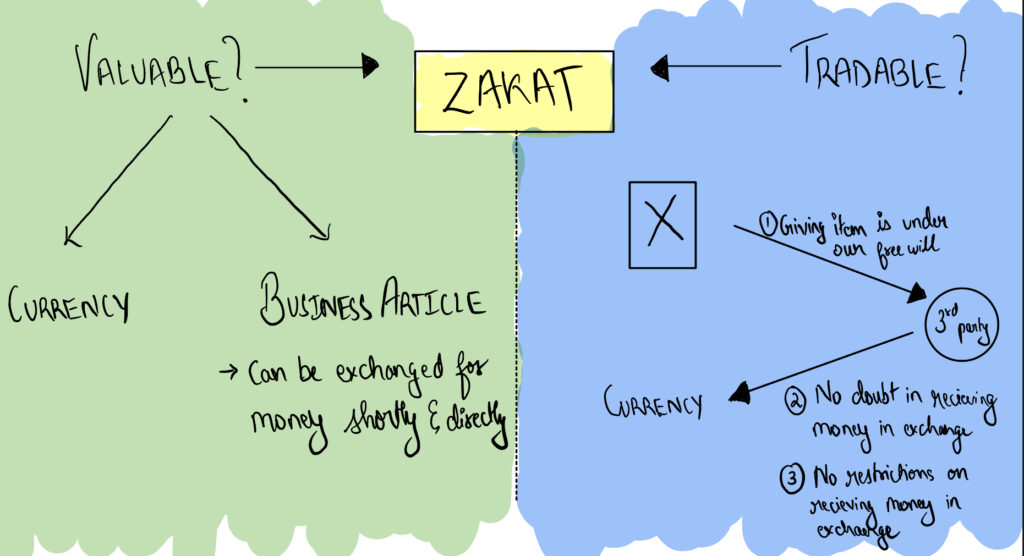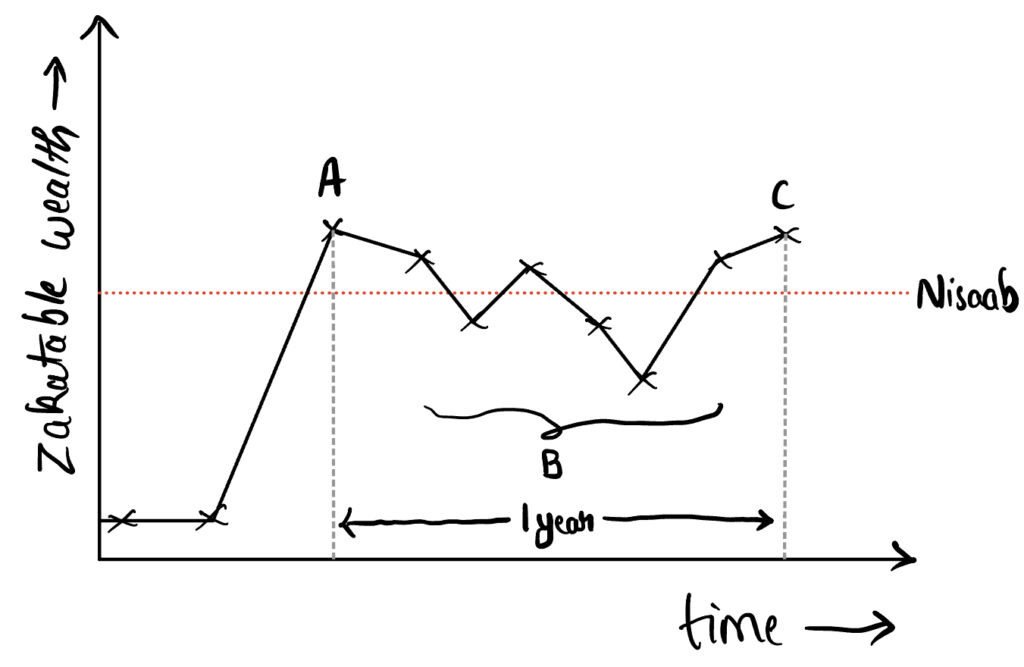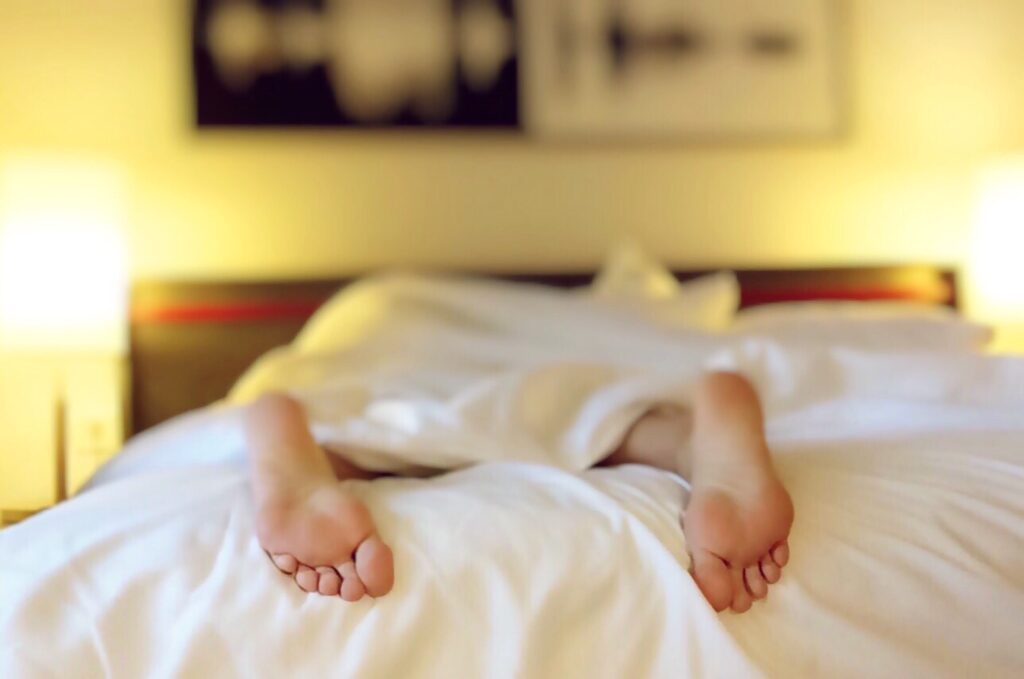- I’m writing about my experience with insomnia. This was way back, during COVID. I was living a relatively chill life at my home. Yes, I liked lockdowns
- It so happened that I had a stressor in my life close to my bedtime. The kind of stressor that everyone has once in a while. It lasted for a few hours and then I was over it. Nothing special. During the night that followed this stressor, I was unable to sleep for the entire night. This was something understandable. Right?
- I’m trying to stay active during the day so that I can sleep well during the night. I’m expecting to sleep like a baby tonight. Excitedly, I go lie in my bed for a while thinking I’ll sleep in a jiffy. But then no, I don’t sleep at all. Again. As I see the morning sun fill my room through the tightly closed curtains, I’m filled with dread. Every glance at the clock, makes me stressed.
- I’m stressed now because I have not slept for two nights in a row. I don’t know whether or not I can function during the day. I can’t help but feel scared as just a few days back I had my ability to sleep and now I’ve just completely lost it. How can something so drastic happen so suddenly and so easily? I could not wrap my head around the fact that I had lost the ability to sleep. I wouldn’t wish it on my worst enemy.
Attempts to find help
- In a desperate attempt to find a solution, I jump on the internet. I see that there are lots of resources for insomnia. I know now that it’s not a rare condition for people to have. There wasn’t much that I could find except for sleep hygiene, which I did try in the next couple of nights but to no avail.
- Asking people who seemed to have perfected the art of sleeping (almost everyone else) seemed like a good idea in the beginning. However, I only realise later that their advice was only making things worse for me.
- I thought it would be necessary to consult a psychiatrist and so I did. He tells me that familial or fatal insomnia, which is a genetic condition in which people can’t sleep, is really rare. It’s not something people usually have. All he could do for me was prescribe some medications to help me sleep.
Help wasn’t too helpful
- Coming from a medical background, I know that medications for sleep can be addictive and have side effects. I wanted to keep medications as the last resort. But there were no other options for me as sleep hygiene wasn’t effective at reducing my insomnia and the bits of advice that I received from others were not working.
- I had to choose between lying awake anxiously in bed or taking the pill. Even though I would be gulping down remorse along with it. For a few days, I try to sleep without pills. But in the end, I was forced to take the pill to get even an ounce of sleep.
- I had to figure out a way to sleep without taking pills. This is something that people normally do and take for granted. I couldn’t believe how fortunate everyone else was to be able to sleep without any pills. It is like when you have a runny nose and you think about the time when you didn’t have it and how you didn’t appreciate that time enough.
Getting actual help
- I intensified my search for a solution, and luckily, I hear about Cognitive Behavioural Therapy for Insomnia (CBT-I). To my surprise, there were no CBT-I therapists near me. Any online CBT-I providers were from the USA and they charged a hefty fee which I could not afford.
- It was time for self-treatment. I gathered as much information as I could about CBT-I from the internet. I turned to podcasts, blogs, Reddit, and even a few research articles. Somehow I got to know about a few techniques like stimulus control and sleep restriction to tackle insomnia. These techniques seem counterintuitive in the beginning but sure enough, they do work. I started sleeping relatively fine in a span of a few days after starting to use CBT-I. Gradually the sleep anxiety waned off. This does not mean utilising CBT-I techniques is easy. It is painful and difficult. Yet, if you stick with it, you do get results.
- After having suffered from insomnia for about a month, I’m so happy to tell you guys that I no longer have insomnia.
What I have learnt
- From my experience with insomnia and now as a CBT-I certified physician, I have learnt that during periods of insomnia, our total focus is on sleep. It is counterintuitive. Our intense focus and desire makes it difficult for us to sleep. Chasing sleep only makes it run away from us.
- The principles of CBT-I help us recognise and correct our sleep-chasing behaviours and thoughts. CBT-I is effective. But it works best when you know what you’re doing.
- After having recently learnt how to provide CBT-I therapy, I conduct free online CBT-I therapy sessions. I hope this benefits my fellow insomniacs.
Comment your thoughts and opinions below.
Nisaab: The line that separates rich & poor
What is Nisaab?How is Nisaab calculated?Nisaab according to silverNisaab according to goldGold or silver?Significance of…
Simplifying Zakat for the millennials: The 2 question checklist
Looking for someone to answer your questions about which of your wealth is Zakatable? Read…
Simplifying Zakat for the millennials: The one year rule
Are you confused about whether or not you have to pay Zakat this year?
Don’t worry,…
How learning about insomnia could help you handle exam anxiety
If you care too much about sleeping well, you don’t sleep well
My experience with insomnia
Chasing sleep only makes it run away from us.





Hello,
My name is shakeeb
The blog was so informative 👍
Can you elaborate on the process of CBT-I ?
Hello Shakeeb,
Thank you for your kind words.
CBT-I is now the recommended treatment for insomnia ahead of medications. It generally involves a few techniques like:
1. stimulus control: breaks the habit of not sleeping
2. sleep restriction: consolidates the sleep that you’re getting, and makes sleep chase you instead of you chasing sleep.
3. Cognitive therapy: changes your perception about sleep.
Do let me know if you have any doubts I’ll be happy to clear them for you.
Thanks for sharing your experience. This has been a real good read.
Thank you for reading. Do let me know if you have any suggestions.
This was a great read! Thanks for sharing it. I’m sure a lot of people will benefit from it. Also, good to know you no longer have insomnia.
Thank you for reading and sharing your views. It’s much appreciated.